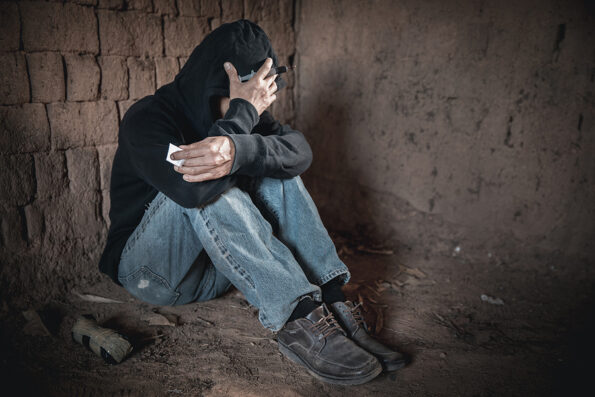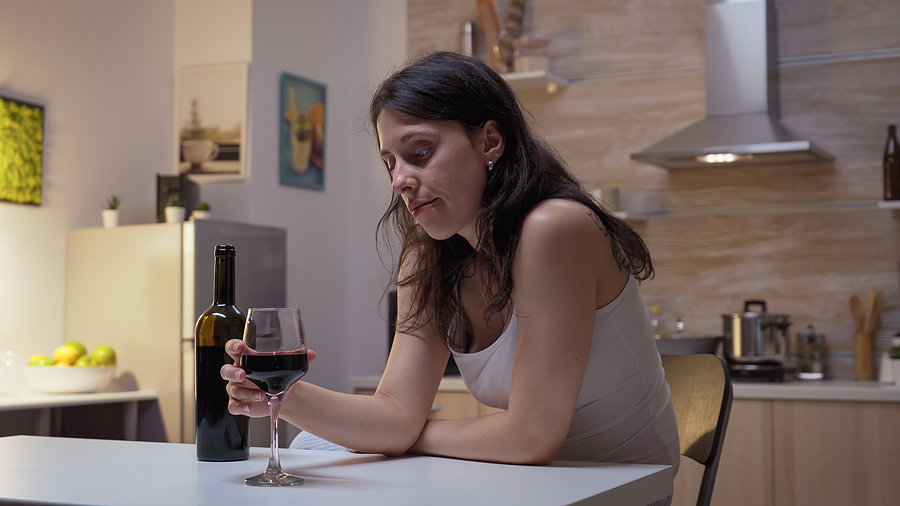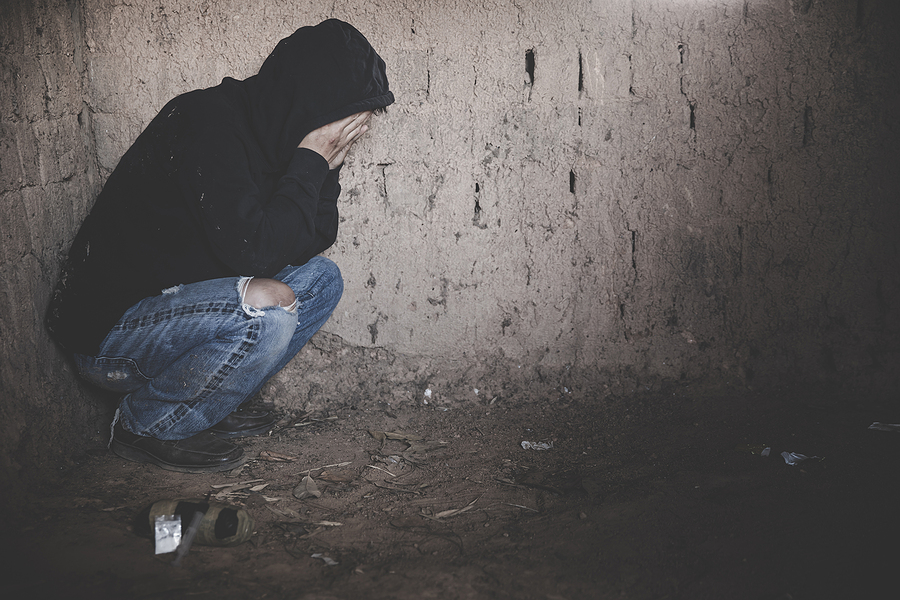If you have ever been in a situation where you have been into a relapse/fall off the wagon/get drunk/smoke a lot of weed, then you know how tough it can be.
It may even be easier to understand what it takes to cause this to happen in others.
When it comes down to all the unique triggers, there are numerous things, people, and events that can cause you to become defenseless against the bad habit.
But just like any other version of addiction, there is help out there.
What are triggers?
Table of Contents
Recovery from addictions poses many challenges both physical and emotional.
One of those challenges is cues that arise and create a desire for an addict to pick up a drink or a drug that they’ve been working hard to stay away from.
These cues, physical and emotional, are called triggers. Triggers are a natural part of recovery and one that you should create a plan for coping purposes. A plan or strategy made as part of your treatment program is the best defense against relapse.
Identifying your triggers
Triggers are unique to each person. They can be an emotional reaction, a response to a certain environment, or even a social situation that triggers memories or associations with drug or alcohol use in your past.
Some may experience a drive to drink and return to old habits when they see old friends and family. Others don’t respond well to the returning stresses and pressures of school and/or work and feel the need for stimulants again.
Long-term drug or alcohol use builds these associations between your daily routine and the relationship it has with drug or alcohol use. Because of this, some seemingly mundane things can flip that craving switch on in your brain.
Understanding this relationship is the first step to identifying and then resisting or avoiding your triggers early in your recovery process.
Are there common relapse triggers?
Here are the 10 most common triggers in addiction recovery:
- HALT is a familiar acronym in most recovery programs for Hungry, Angry, Lonely, and Tired. Early in recovery addicts are learning to feel again and can easily confuse these feelings with cravings.
- Negative emotions are often core triggers. Feelings of sadness loneliness, shame, guilt, and even sometimes anger trigger the brain remembering drug use as the common past coping mechanism.
- Stress. Stress both acute and chronic may be considered the most common trigger for relapse.
- Feeling cured. Some people get a little cocky on their recovery journey and think they’re cured. Forgetting that addiction is a chronic condition may give the false sense that one drink won’t hurt.
- Illness. Both physical and mental illnesses can be stressful. Since most addicts also suffer from depression and anxiety which make for more frequent and more powerful triggers.
- Isolation. Creating your support system or pushing yourself to stay social is exhausting. If the energy isn’t there, isolating yourself leads to feelings of loneliness, and it’s harder to resist cravings.
- Romantic relationships can lead to a whirlwind of emotions and feelings of loss of oneself and loss of control. Both feelings are a top trigger.
- New jobs or a promotion can be associated with pressures and stress, but also a craving to celebrate “just this once”.
- Nostalgia. Addiction controls the brain because it’s tricked into feeling better. Thoughts of those feelings despite the harm they caused can cause relapse as you’re viewing those moments only from the good side.
- Exposure to places, people, and situations where drugs are available. It is not as easy as some might think to avoid exposure to drugs and most definitely alcohol.
How do you stay away from your triggers?
By redefining your life. Recovery is hard work, and you must rewire your brain to find joy in other things and redefine what emotions mean to you and how you deal with them.
Section: Be aware of your emotions and their impact on your behavior.
Redefine comfort and become comfortable in discomfort.
Addiction is often the result of trying to feel better in a difficult situation. The reason it becomes an addiction is the situation doesn’t change, it remains static, and you must continue to turn to the drugs or alcohol to avoid it.
Teach yourself that it’s okay to feel uncomfortable. There are coping methods available to get you past it.
Attend support groups.
These fellow addicts and professionals are here to help you through these moments.
Support groups are often the places where you learn the coping methods that will work for you and help you through those difficult moments.
Everyone has difficult moments and you’re not alone. Successfully processing issues that occur in life means the craving for that escapism will reduce significantly.
Spend more time with friends and family who make a positive contribution to your life.
A solid support system is a key to any recovery program.
Surround yourself with friends and family who will support you and listen to your struggles with compassion and respect.
Avoid those who may pressure you into a relapse whether directly or indirectly by using substances in front of you.
Make sure to spend time with friends and family who understand recovery and the impact of negative emotions.

Call a counselor or therapist.
Sometimes those triggers will get the upper hand and that’s okay. Addiction is a chronic condition and sometimes a trigger jumps out of the shadows that you simply weren’t prepared for.
Aftercare should be a large part of any treatment program. A counselor or therapist is a great option with outpatient care. If you’re interested in a support program, check it out here.
Takeaway: You can prevent relapse by being aware of your triggers and taking actions to avoid them.
Triggers are mostly linked to your old drug environment, but sometimes external triggers can also be linked to people, places, and things.
If you go to a party and you see everyone drinking, you might drink too even though you decided to stay away from alcohol for a long time.
A trigger can also be a bad memory of unpleasant moments or people that force you to start using drugs again.
This can be prevented by changing the environment where triggers are present. In addition to this, you should avoid people who trigger these thoughts or memories.
Image Source: BIgStockPhoto.com (Licensed)
Related Categories: Health, Reviews








